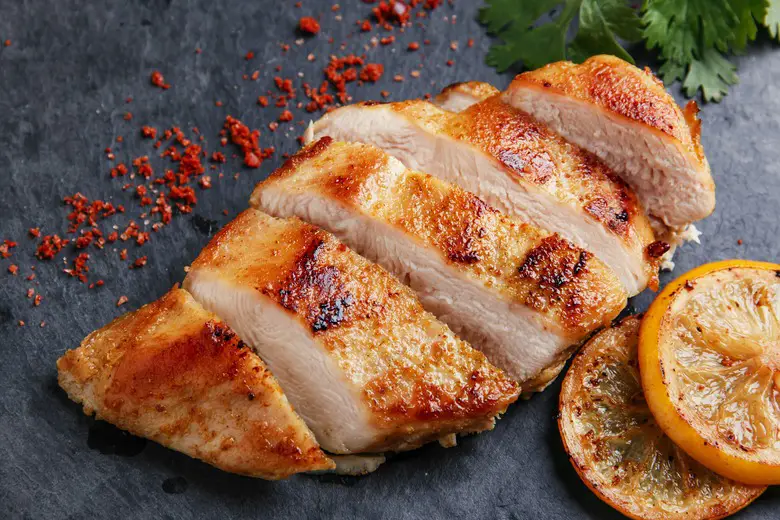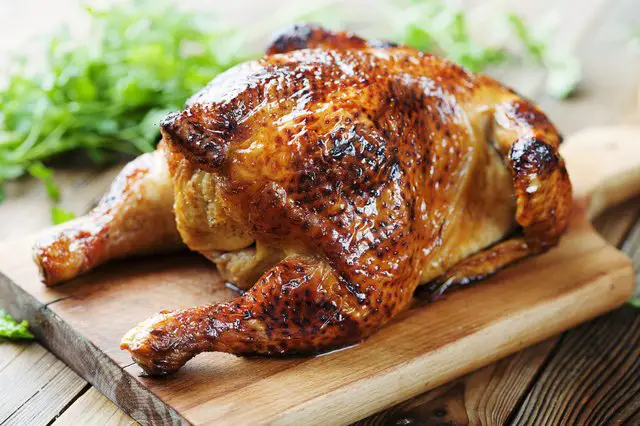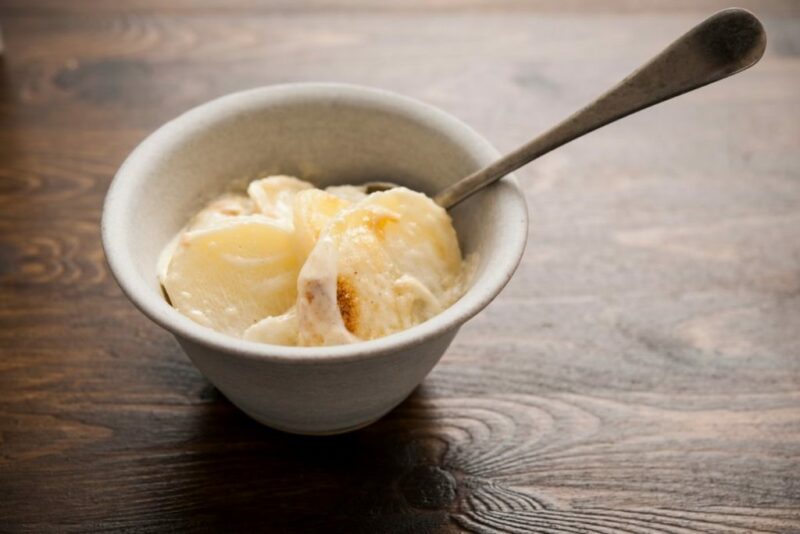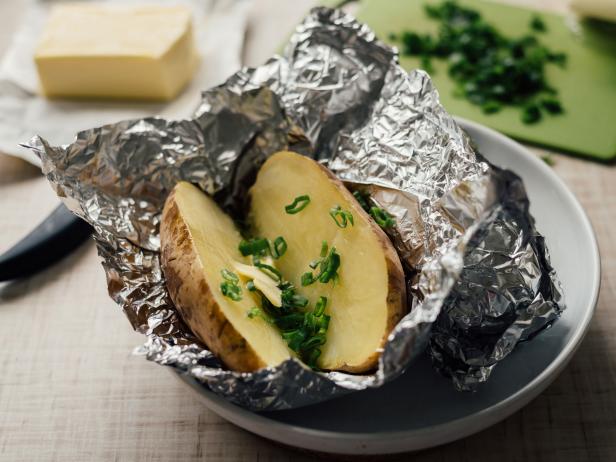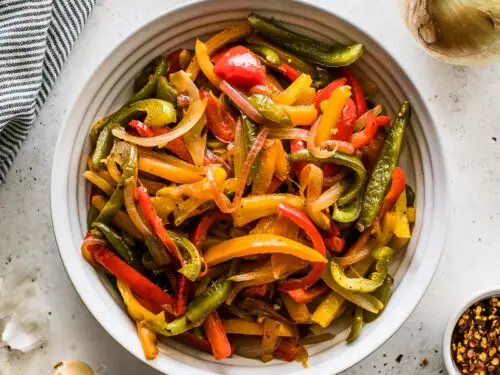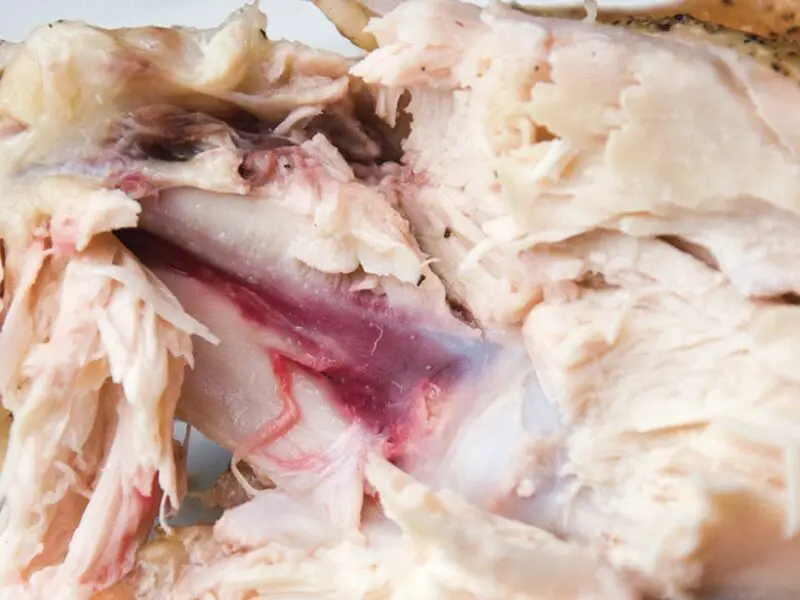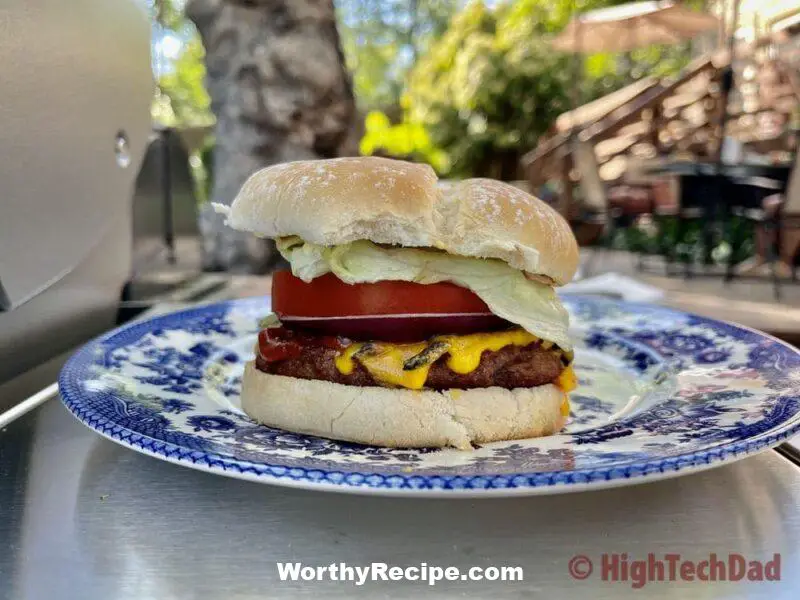Why Chicken Gets Tough After Boiling: The Science Behind It
Boiled chicken is a staple ingredient in many recipes. It’s a lean source of protein, low in fat, and versatile enough to be used in a variety of different dishes. However, sometimes boiled chicken can end up being tough and chewy rather than moist and tender. This can be frustrating and off-putting, especially when you’ve put time and effort into preparing a meal. But why does this happen?
In this article, we will explore the science behind why chicken becomes tough after boiling. We will look at the role of collagen in chicken, how cooking processes contribute to chicken texture, and what can be done to prevent boiled chicken from becoming tough. So next time you boil chicken, you’ll know exactly what to do to get tender, delicious meat every time.
Understanding Collagen
Collagen is an important structural protein found in meat. It’s responsible for providing support and structure to connective tissue, bones, and skin. In chicken, collagen makes up around 30% of the total protein content.
When it comes to cooking chicken, collagen plays an important role in determining the texture of the meat. When chicken is cooked at high temperatures or for prolonged periods of time, the collagen fibers in the meat begin to denature, or break down. This process releases moisture from the meat and causes it to shrink, resulting in tougher, drier meat.
Cooking Process and Chicken Texture
The cooking process itself has a significant impact on the texture of boiled chicken. Cooking methods that use high heat or long cooking times will cause the collagen in the meat to break down more quickly than low-temperature methods.
- Temperature: At temperatures above 160°F, collagen denatures and begins to break down quickly. This is why boiled chicken can end up being tough and dry.
- Cooking Time: Longer cooking times also contribute to the breakdown of collagen and the drying out of the meat.
To get tender, juicy boiled chicken, it’s important to find a balance between temperature and timing that allows for the slow breakdown of collagen without causing the meat to dry out.
Science behind Collagen Breakdown
The breakdown of collagen during the cooking process occurs through a chemical process called hydrolysis. Hydrolysis occurs when water breaks down the chemical bonds that hold collagen fibers together.
The two main factors that contribute to collagen breakdown are temperature and pH. Acids, such as vinegar or citrus juice, can also help speed up the hydrolysis process by lowering the pH of the meat.
Temperature and Timing
The relationship between temperature and cooking time is critical in achieving perfectly boiled chicken. A temperature that’s too high or a cooking time that’s too long will result in overcooked, dry meat.
A good rule of thumb is to cook chicken at a temperature between 160°F and 165°F for no more than 20-25 minutes. This will allow for slow denaturing of collagen while still keeping the meat moist.
Acidic Marinade/Brine as a Solution
An acidic marinade or brine can help break down collagen in chicken and prevent it from becoming tough after boiling. An acidic marinade works by speeding up the hydrolysis process by lowering the pH of the meat.
To make a simple marinade or brine, mix water, salt, and an acidic ingredient like vinegar or lemon juice in a ratio of 3:1:1. Soak the chicken in the mixture for at least 30 minutes before cooking. This will help to tenderize the meat and add flavor to your boiled chicken.
Brining Vs Marinating
There are two main methods for using acidic liquids to tenderize chicken: brining and marinating.
- Brining: Brining involves soaking the chicken in a saltwater solution for several hours before cooking. This method helps to keep the meat moist during cooking and also adds flavor.
- Marinating: Marinating involves soaking the chicken in an acidic liquid containing herbs, spices, and other flavorings. This method is usually done for shorter periods of time than brining, and is better suited to thin cuts of chicken as it doesn’t penetrate as deeply into the meat.
The choice between brining and marinating will depend on your personal preference and the recipe you’re using. Both methods can be effective at tenderizing boiled chicken.
Pre-cooking preparation
The way you prepare your chicken before boiling can also have an impact on the texture of the meat. Preparing your chicken by pounding or scoring it can create more surface area for marinades or seasoning to penetrate, resulting in more flavorful meat.
Meat Tenderizer
If you’re really struggling with tough boiled chicken despite trying the methods above, you may wish to try using a meat tenderizer product. These products contain enzymes that break down collagen in meat, making it more tender.
Popular meat tenderizers include baking soda, salt, and papaya. Be sure to use these products sparingly and follow the manufacturer’s instructions carefully to avoid over-tenderizing or resulting in unpleasant flavors in your boiled chicken dish.
Other Factors That Affect Meat Texture
In addition to boiling chicken, there are other factors that can contribute to tough-textured meat:
- Overcooking: Overcooking any type of meat can cause it to become dry and tough. Be careful not to overcook your chicken when boiling.
- Incorrectly Storing after Prepping: Storing chicken in the refrigerator or freezer incorrectly can result in tough, dry meat. Always store your chicken in airtight containers or freezer bags to keep it fresh for longer.
Conclusion
We hope this article has helped you understand why boiled chicken sometimes becomes tough and chewy after cooking. By paying attention to factors like temperature, timing, and marinades, you can achieve perfectly tender and moist boiled chicken every time.
Remember to experiment with different methods and combinations of techniques until you find what works best for you. Boiled chicken is a versatile ingredient that can be used for a variety of dishes, so don’t be afraid to get creative in the kitchen!
Why does boiling chicken make it tough?
Boiling chicken can cause it to become tough because excessive heat can lead to the proteins in the meat denaturing and tightening up. Additionally, boiling chicken for too long can cause the meat to lose its moisture, making it even tougher.
How can I prevent chicken from becoming tough when boiling it?
There are a few ways to prevent chicken from becoming tough when boiling it. Firstly, make sure you don’t overcook the chicken; aim for an internal temperature of 165°F. Secondly, you can marinate the chicken in an acidic marinade before cooking, as this will help to break down the proteins and make them more tender.
What is the best way to cook chicken if I want it to be tender?
If you want your chicken to be tender, there are several methods you can use. Firstly, you can try cooking it slowly and at a lower temperature, as this will help to keep the meat moist. Alternatively, you can poach or steam the chicken rather than boiling it. Finally, marinating the chicken beforehand can also help to make it more tender.
Is there any way to salvage tough boiled chicken?
If you’ve accidentally boiled your chicken for too long and it’s become tough and dry, there are a few things you can do to salvage it. You could shred the meat and use it in a salad or sandwich instead of eating large portions of dry meat. Alternatively, try cooking it again in a liquid-based dish such as soup or stew where the moisture will help to soften the meat again.
